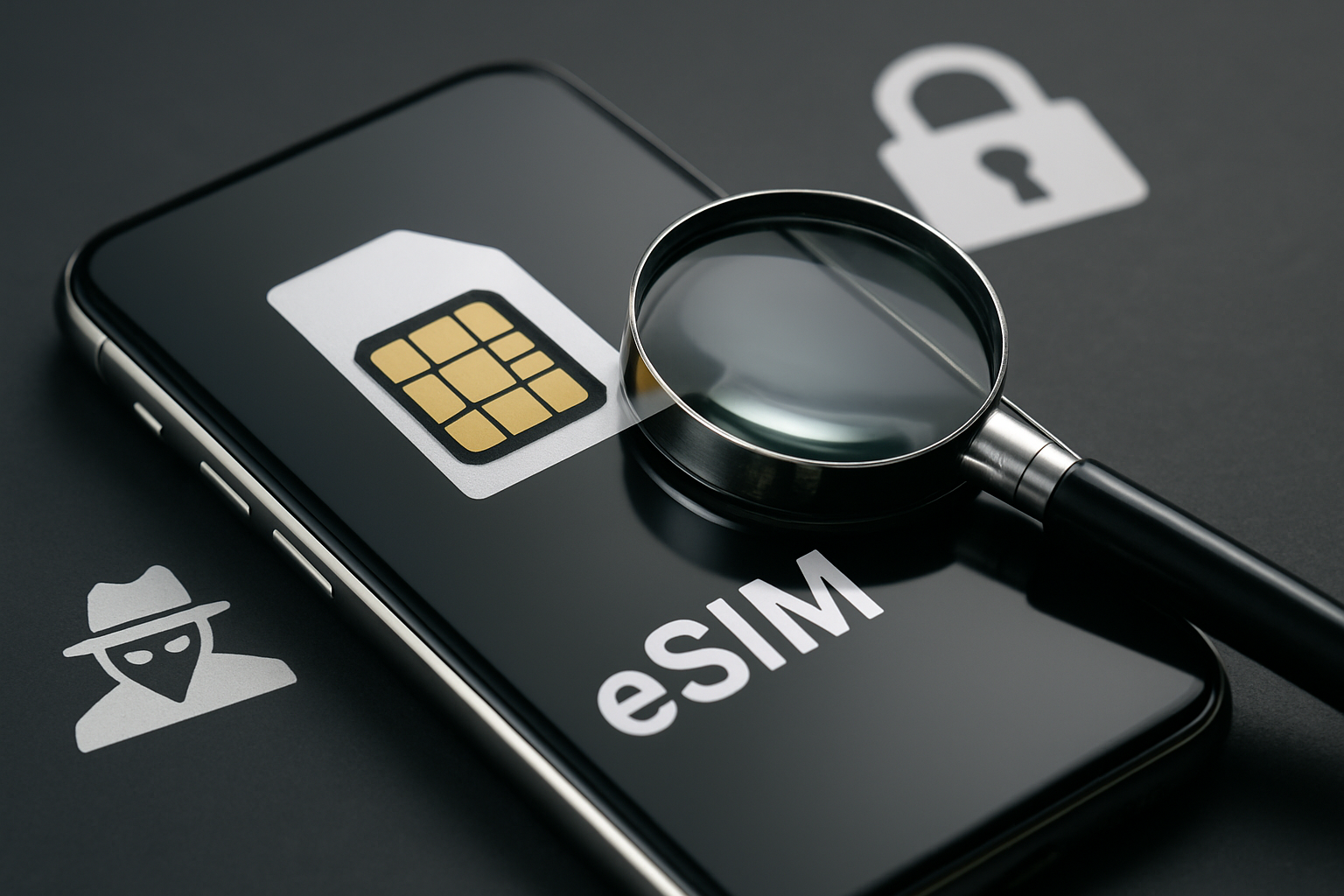Recent research has uncovered significant vulnerabilities within embedded Subscriber Identity Module (eSIM) technology, which could potentially expose billions of mobile devices to spying and other cybersecurity threats. Security expert Adam Gowdiak of Security Explorations discovered that by exploiting a flaw in the Kigen embedded Universal Integrated Circuit Card (eUICC), attackers could theoretically monitor users, manipulate services, and access sensitive data from mobile network operators (MNOs).
The surge in eSIM adoption has led many users to transition from traditional SIM cards due to their convenience of hosting multiple carrier subscriptions on a single device. However, this research indicates that the supposed security benefits of eSIMs are overshadowed by newfound risks. Gowdiak executed his investigation by leveraging an unresolved flaw within Oracle’s Java Card, which has been deemed a significant risk due to its widespread use in billions of devices.
Historically, SIM cards have been linked to grave cyberattacks; the ability for an attacker to breach an eSIM presents alarming possibilities, including the introduction of persistent malware or eSIM cloning, which could facilitate unauthorized access to communications. Although Gowdiak acknowledges that conducting such an attack may require sophisticated capabilities typically associated with nation-state actors, the potential for widespread abuse remains a critical concern.
In light of these findings, Kigen has reportedly released a patch addressing the vulnerabilities. Nevertheless, the extent to which other eSIMs are affected remains uncertain as various other chip vendors also integrate Java Card technology. The repercussions of this vulnerability may extend beyond individual privacy concerns, raising alarms over the broader implications for national security and telecommunications.
As the tech industry grapples with these revelations, analysts and cybersecurity professionals have expressed their intent to monitor the situation closely, underscoring the interplay between technological advancement and security vulnerabilities. The implications for consumers and governments alike are profound, demanding immediate attention to the ongoing risks associated with eSIM technology.
For a deeper understanding of the research findings, a comprehensive review can be found from Dark Reading and Security Explorations. The news also touches on related issues of Oracle vulnerabilities and their implications for mobile security.

